The next generation of heritage gardeners are being trained at one of the only schools in Scotland teaching the skills.
The School of Heritage Gardening at Threave Garden, in Dumfries and Galloway, which is owned by charity National Trust for Scotland, was just a field when it opened in 1960.
But over the last 60 years it has been developed into a stunning garden, with 15 separate ‘rooms’ and a huge diverse range of plants.
After the war NTS was gifted a number of houses, but there was a shortage of gardeners and the school was developed to train the next generation of talent.
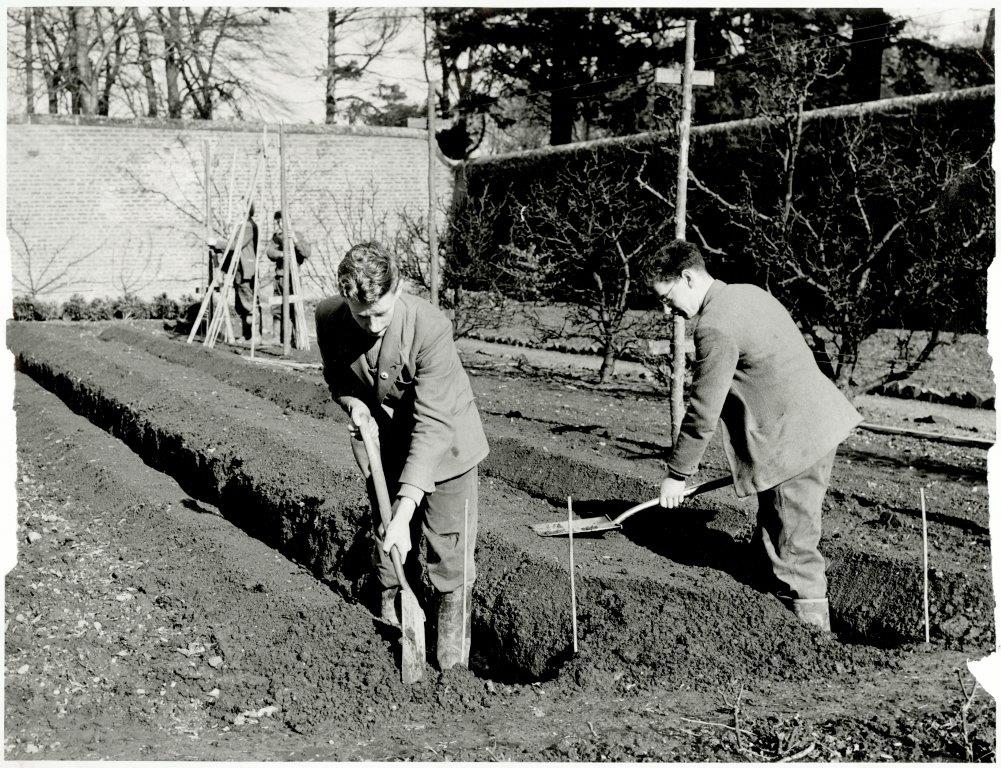
Threave. Credit NTS
Today, it is one of only a few horticultural education centres in Britain to teach the vital skills and is renowned all over the world, with students from Japan, China, America and Australia coming to take on the course.
Only five trainees a year are accepted onto the course, which lasts 12 months and gives students a RHS Level Certificate in Horticulture.
Heading up the school is Michael Lawrie who has worked at Threave since 2004 and taught around 130 gardeners in that time.
‘In 1960 when the school opened there were 16 trainees and the garden really was just a blank canvas, it was just a field outside, apart from the original Walled Garden,’ said Michael.
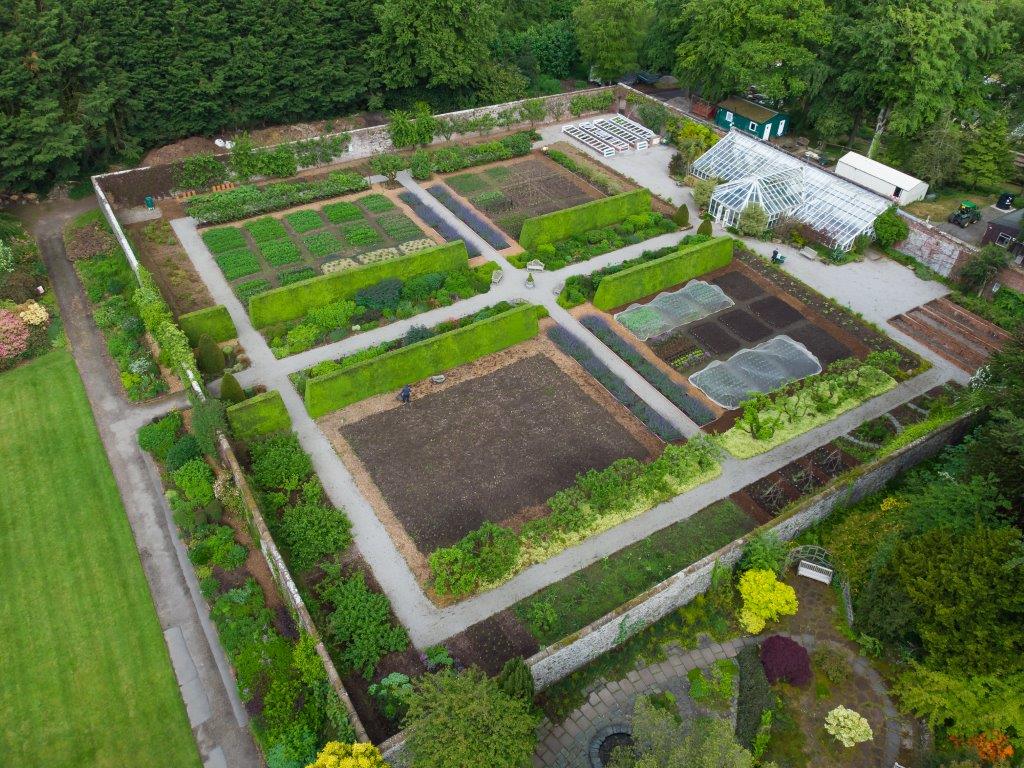
Credit: Keith Kirk
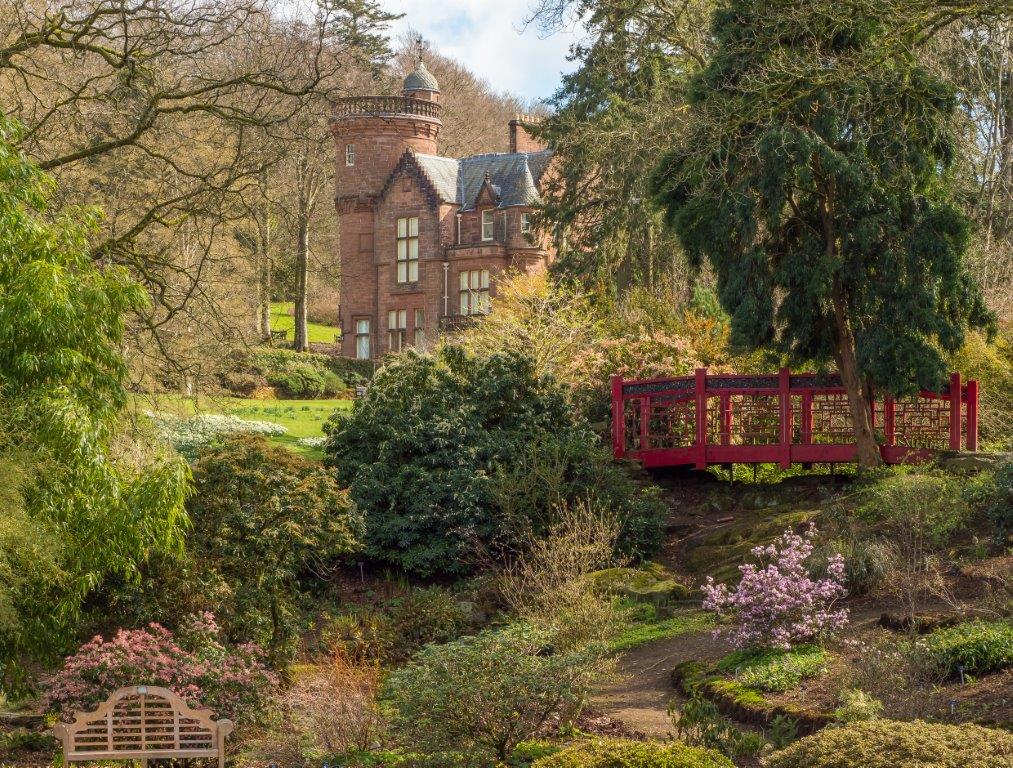
Credit: Keith Kirk
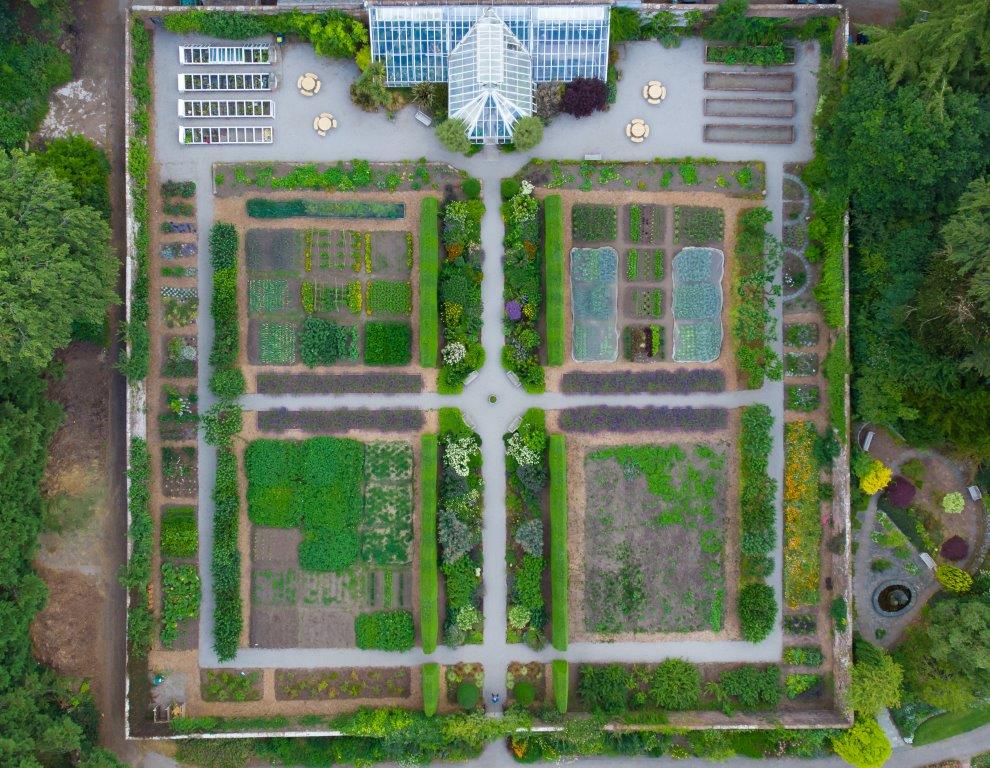
Credit: Keith Kirk
‘When the school started, they began to take in the parts of the field and develop a garden, which is like a house with rooms in it.
‘Each part of the garden is a separate room, so you have a woodland garden, a rock garden, heather beds, shrub beds and so on.
‘You could say there are 15 rooms in the garden made by students, for students and they give us a huge, diverse plant collection as well.
‘The school is really one of a kind and it’s internationally known.
‘We are RHS accredited, which is the most internationally recognised qualification in horticulture and we have our own Threave certificate which sits along with that as well.’
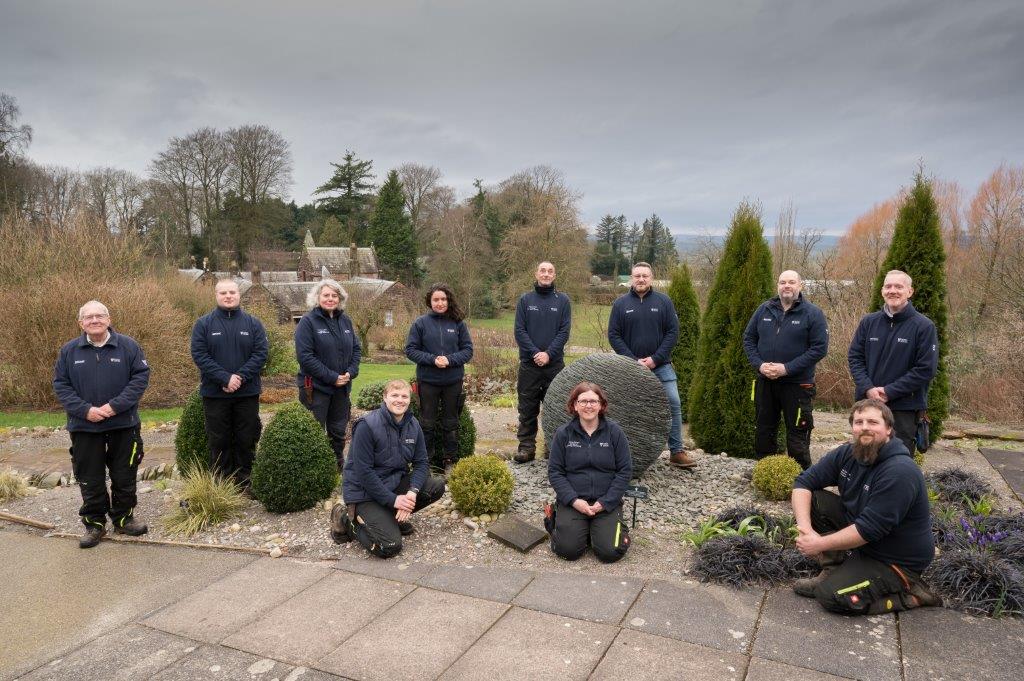
Credit: Keith Kirk
Throughout the salaried, one-year, full-time course, trainees undertake practical assessments of the skills in which they’ve been trained.
The gardeners get hands-on experience in the gardens but also have to get to grips with the theory, learning to identify around 1,000 different plants.
‘They work on a rotation so they might spend a week in glass with the instructor who would go through all different processes of looking after glasshouses, potting up, different things like that,’ said Michael.
‘Then they would spend a week in the walled garden looking at all aspects needed to maintain fruit and vegetable production.
‘And then they would spend maybe four weeks out in the ground doing all the basic skills out there.
‘There’s a bit of theory based learning in their own time at night too, especially plant identification.
‘They’ll learn around 700 to 1,000 full botanical names of plants and be able to identify them from a leaf.
‘They do a full 40 hour week, it’s hard work and quite tiring for them. It is a full-on course, and they’ve got to give it everything for the one year.’
Applicants range from young people in their 20s, to people in their 50s looking for a career change.
Trainees are required to have a basic qualification or likewise experience prior to applying for the course.
‘There’s no restrictions with the National Trust for Scotland, we’re open to anybody,’ said Michael.
‘We are finding that there’s a lot of people looking for career changes coming into horticulture.
‘We’ve had midwives, teachers, and people from financial backgrounds coming into it.
‘I think during covid lots of people were out in the gardens and saw the therapy side of horticulture.’
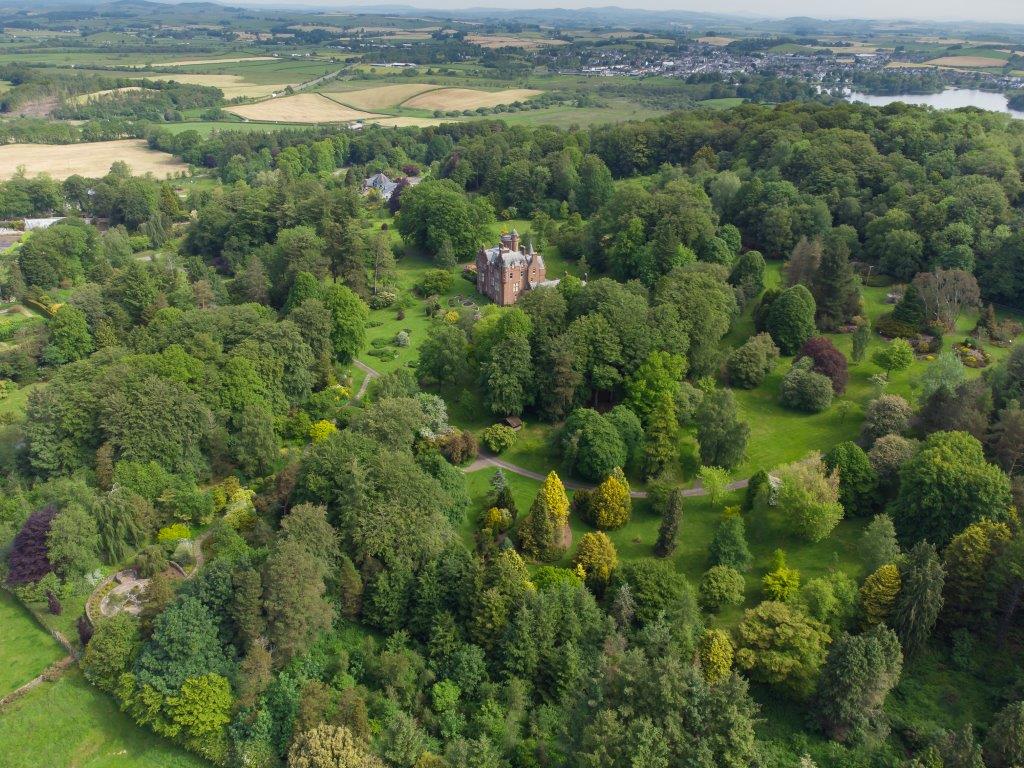
Credit: Keith Kirk
With sustainability and people becoming more environmentally conscious Michael said horticulture has become more important than ever before.
‘Training the next generation of gardeners is really important, they are the people who will be caring for our environment in the future, from private gardens to public parks,’ he said.
‘It’s vital people have these key skills and knowledge going forward.
‘Seeing our trainees leave after a year with so much confidence is really rewarding.’
Read more home and garden news from Scottish Field
Plus, don’t miss the July issue of Scottish Field magazine.
TAGS

